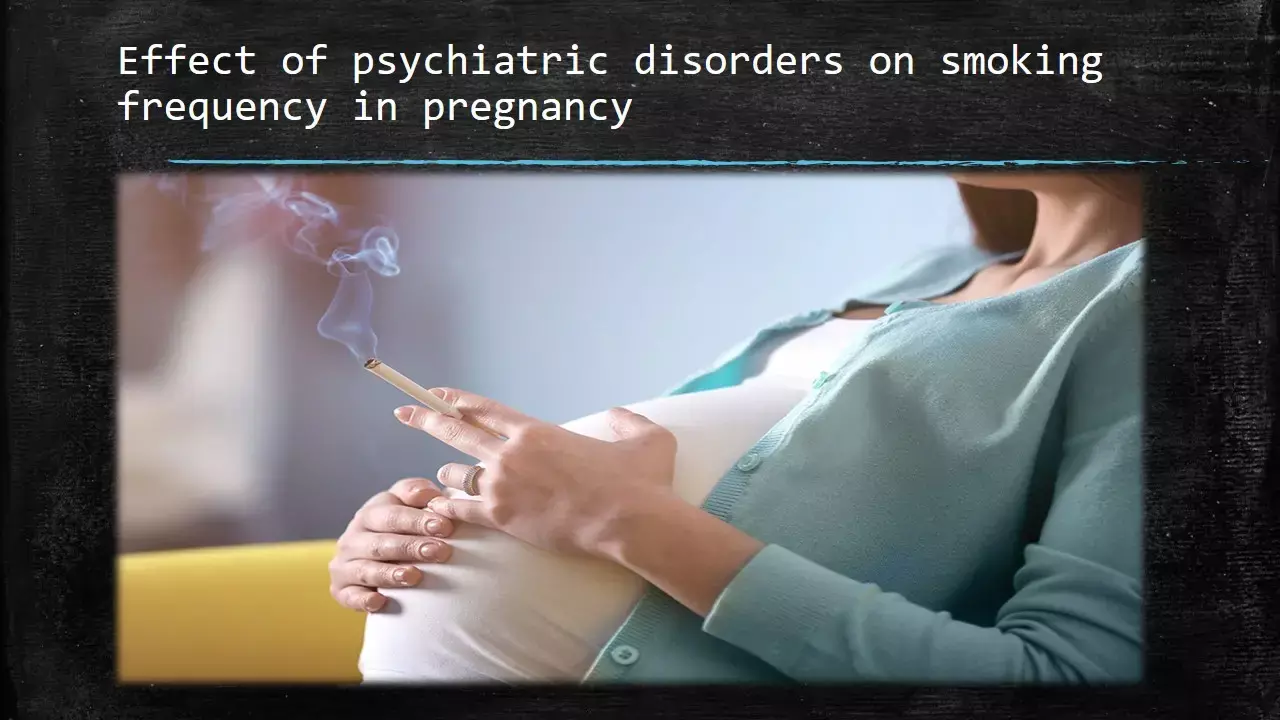- Home
- Medical news & Guidelines
- Anesthesiology
- Cardiology and CTVS
- Critical Care
- Dentistry
- Dermatology
- Diabetes and Endocrinology
- ENT
- Gastroenterology
- Medicine
- Nephrology
- Neurology
- Obstretics-Gynaecology
- Oncology
- Ophthalmology
- Orthopaedics
- Pediatrics-Neonatology
- Psychiatry
- Pulmonology
- Radiology
- Surgery
- Urology
- Laboratory Medicine
- Diet
- Nursing
- Paramedical
- Physiotherapy
- Health news
- Fact Check
- Bone Health Fact Check
- Brain Health Fact Check
- Cancer Related Fact Check
- Child Care Fact Check
- Dental and oral health fact check
- Diabetes and metabolic health fact check
- Diet and Nutrition Fact Check
- Eye and ENT Care Fact Check
- Fitness fact check
- Gut health fact check
- Heart health fact check
- Kidney health fact check
- Medical education fact check
- Men's health fact check
- Respiratory fact check
- Skin and hair care fact check
- Vaccine and Immunization fact check
- Women's health fact check
- AYUSH
- State News
- Andaman and Nicobar Islands
- Andhra Pradesh
- Arunachal Pradesh
- Assam
- Bihar
- Chandigarh
- Chattisgarh
- Dadra and Nagar Haveli
- Daman and Diu
- Delhi
- Goa
- Gujarat
- Haryana
- Himachal Pradesh
- Jammu & Kashmir
- Jharkhand
- Karnataka
- Kerala
- Ladakh
- Lakshadweep
- Madhya Pradesh
- Maharashtra
- Manipur
- Meghalaya
- Mizoram
- Nagaland
- Odisha
- Puducherry
- Punjab
- Rajasthan
- Sikkim
- Tamil Nadu
- Telangana
- Tripura
- Uttar Pradesh
- Uttrakhand
- West Bengal
- Medical Education
- Industry
Mental disorders affect smoking behaviours during and after pregnancy

Smoking during pregnancy increases the risk of complications for both mother and child. but how does a previous history of smoking or psychiatric disorders affect the addictive potential during pregnancy is unknown. A recent study done by Pereira et al. published in Addictive Behaviors journal shows that previous tobacco consumption and a history of psychiatric disorders affects smoking frequency during and after pregnancy. Previous tobacco use and anxiety symptoms are associated with higher smoking quantity during pregnancy, while a history of depressive symptoms is associated with consumption relapse during postpartum period.
Although the harmful effects of tobacco are widely known, the percentage of smoking women during pregnancy still remains high. Active and passive smoking, both show negative effects on maternal and infant health in the postpartum period. An association between depression and/or anxiety and continuing smoking during pregnancy or postpartum relapse has been previously observed.
The present study aimed
(1) to analyse the combined effect of previous tobacco consumption, and depression and anxiety symptoms on women's tobacco consumption;
(2) to analyse the effect of these factors on the women's smoking quantity and not only on the smoking status; and
(3) to analyse the effect of women's depression and anxiety symptoms, considering them as time varying factors over pregnancy and the postpartum period (1st trimester of pregnancy to 7 months postpartum) and not only as fixed factors.
A sample of 803 Spanish women was assessed at the 1st and the 3rd trimester of pregnancy, and at 2 and 7 months postpartum. Previous tobacco consumption, and depression and anxiety symptoms were self-reported. Pregnancy and postpartum tobacco consumption were confirmed with biochemical tests.
It was found that:
(a) Regarding smoking quantity, the number of cigarettes smoked was found to decrease during pregnancy and to increase during the early postpartum period, while no significant changes were observed from 2 to 7 months postpartum.
(b)Women with more previous tobacco consumption or more anxiety symptoms presented a steeper decrease in the number of cigarettes smoked per week from the 1st trimester of pregnancy to the childbirth, although smoking more cigarettes than women with less previous tobacco consumption or less anxiety symptoms.
(c)Women with more depression symptoms showed a higher tendency to relapse smoking during the first 2 months postpartum.
It can be concluded that women's tobacco consumption during pregnancy and the postpartum period is affected by both previous tobacco consumption, and depression and anxiety symptoms. The influence of these factors varies depending on time (pregnancy or postpartum) and on tobacco consumption dimension (status or quantity).
Source: Addictive Behaviors: https://doi.org/10.1016/j.addbeh.2021.107090
M.B.B.S, M.D. Psychiatry
M.B.B.S, M.D. Psychiatry (Teerthanker Mahavir University, U.P.) Currently working as Senior Resident in Department of Psychiatry, Institute of Human Behaviour and Allied Sciences (IHBAS) Dilshad Garden, New Delhi. Actively involved in various research activities of the department.
Dr Kamal Kant Kohli-MBBS, DTCD- a chest specialist with more than 30 years of practice and a flair for writing clinical articles, Dr Kamal Kant Kohli joined Medical Dialogues as a Chief Editor of Medical News. Besides writing articles, as an editor, he proofreads and verifies all the medical content published on Medical Dialogues including those coming from journals, studies,medical conferences,guidelines etc. Email: drkohli@medicaldialogues.in. Contact no. 011-43720751


